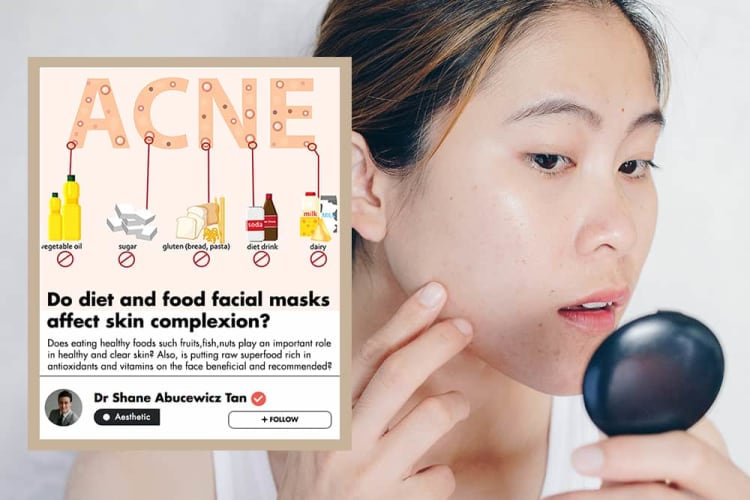Good on you for doing your own background reading.
I was wondering if it could be possible to cure acne without the medication?
Taken in isolation, the answer to your question is yes. There are different severities of acne, each responding to different sorts of treatments.
If it is acne of a severity level that warranted Accutane in the first place (usually reserved for moderate to severe, failed other types of treatment), then there’s a chance a topical regime may not be good enough.
Having said that, hard for me to comment without knowing how severe your acne really is.
Personally, I’d just bite the bullet like what you are intending to do, and try a different treatment since it appears that you’ve completed a few course of Accutane already.
I am a female and am pretty concerned about possible side effects of isotretinoin in the long run, especially on pregnancy. My GP also did not take any blood tests.
Yes you should absolutely NOT get pregnant while on Accutane, or even if you are intending to get pregnant. You MUST have some sort of reliable birth control/abstain from sex if you are taking Accutane (it is not known to cause infertility too as a side effect, if that’s what your question was driving at).
Studies report no long term side effects of Accutane. It’s a safe drug to take – with proper doctor monitoring, and appropriate blood tests conducted periodically.
I have done much research and would like to ask if a skin care routine as such could possibly work:
Gentle, low pH cleanser
BHAs, AHAs and vitamin C serums to prevent breakouts, increase skin turnover rate and lessen acne scaring (smooth but dark marks)
Light moisturizer
This sounds like a reasonable regime to me. I’d add in a retinoic cream at night to that mix as it’s absolutely the best single cream to use for preventing new acne/reducing PIH after acne.
You can use your AHAs and BHAs in the morning.



